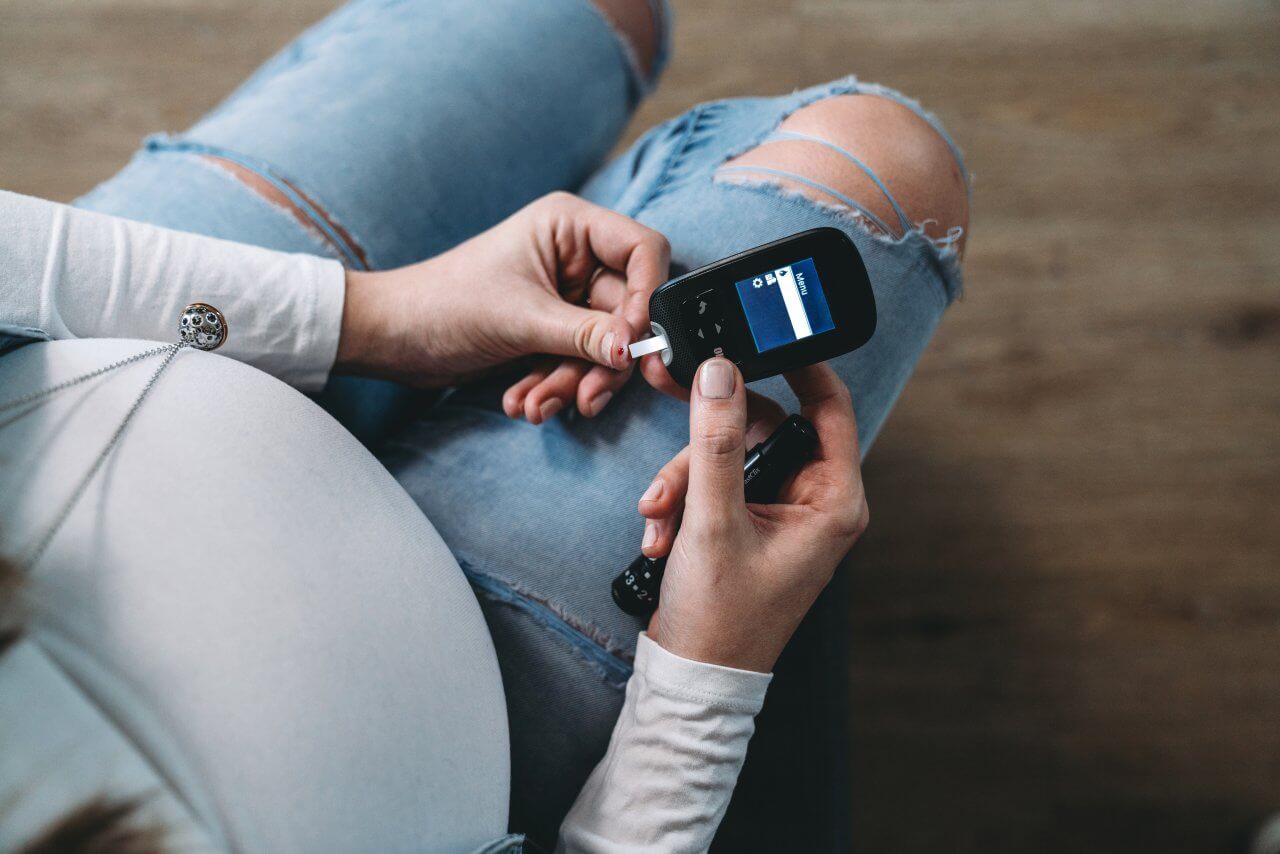Can Teething Cause Sleeplessness?

According to The American Dental Association (ADA), babies usually have 20 teeth under the gums at birth. When you consider that all of those teeth will be out by age three, that’s a lot of moving and cutting that takes place in a relatively short period of time.
These are the teeth that a baby grows during the first year:
- The central incisors on the bottom usually poke out between six and 10 months. These are the two bottom teeth in the center of your baby’s mouth. The central incisors on the top come out around eight to 12 months.
- After that, the lateral incisors – which bookend the central incisors – appear in the opposite pattern (top first, then bottom). This typically happens around nine to 13 months and 10-16 months, respectively.
- The first molars are next, with both sets coming in between 13-19 months.
Teething can be worse at night. Below we’ll outline the reasons why teething is more difficult at night.
Is Teething Pain Worse at Night?
It’s normal for babies who are teething to have difficulty sleeping through the night. The symptoms, which include gum soreness, mouth rash, and drooling, can make babies extremely fussy. For some babies, the pain of teething is enough to wake them up from their sleep in the middle of the night.
Why Do Babies’ Teeth Hurt More at Night?
Teething becomes more intense at night because babies are more aware of their symptoms, like pain and discomfort, when they don’t have distractions as they do during the day. Teething pain seems worse at night because infants are exhausted, which makes it harder for them to deal with discomfort.
Signs of Teething at Night
Some parents think that teething causes symptoms like fever and diarrhea, but research doesn’t back up those myths. You can tell if your baby is teething at night if they experience symptoms like:
- Drooling
- Chewing on anything solid
- Crankiness and irritability
- Painful, swollen gums
How to Ease Teething Pain at Night
As your baby’s teeth continue to come in regularly, you’ll start to notice the symptoms more easily. Here are some things you can do to help your teething baby feel better and sleep more soundly.
- Apply Pressure. Putting pressure on your baby’s gums can help. Wash your hands or use a moistened piece of gauze to manually massage the sorest areas of your baby’s gums.
- Use Cold. Offer your baby a chilled washcloth, spoon, or teether to chew on. Avoid anything frozen because it can do more harm than good.
- Give them something to chew on. Offer your baby hard foods to chew, like cool cucumbers or carrots. Always supervise them because babies are vulnerable to choking. You can also give them teething biscuits or teething rings.
- Wipe their drool. Teething causes drooling, which can irritate your baby’s skin. Make sure to wipe their skin gently when they’re drooling a lot.
Learn More About Teething at Night with Baptist Health
If you’re expecting and want to learn more about teething from a professional, contact your nearest Baptist Health provider today.
Next Steps and Useful Resources:
The Importance of Well-Child Checkups
Classes & Events
Find a Baptist Health Mother & Baby Care Provider



